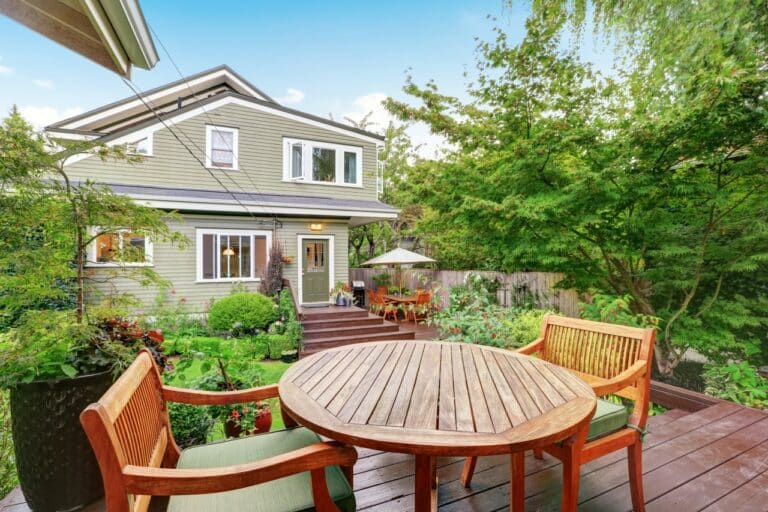So, you’ve made the move to rent out your property and trust a great property management company. Most likely, your property will sit vacant for a little while at least while we diligently search for the best tenant. You may not immediately be aware of the hidden costs we try to help you avoid. If you as the homeowner don’t heed the pricing advice of your property manager and price your rental at too high of a rate, you run the risk of actually costing yourself more. By simply being stubborn and emotionally attaching a number to your property, you most likely will be losing more than you would be making.
Each day your property sits vacant costs you. We strive to market your property aggressively to get the best quality tenant in the home at the best rate. We have said many times before that a quality tenant will not overpay because they watch and compare for the best price. They too are looking for the best return on investment, just like you as the homeowner. Most homes lose at least $30 a day when vacant. Let’s break this down into a good example using the average home rental price of $1,200: $1200 average home price / 30 days = $40 a day
So, a homeowner whose home is renting at this rate will be losing $40 each day the property sits vacant. As you systematically lower your rate (as we always suggest) just by $50, you lower the risk of your property sitting vacant longer and increase the probability of a better tenant. If you lower rental rate by $50 x 12 months = $600
$600 / $40 = 15 days to wipe out the extra $50 you may have gotten. You have lost $50 but decreased your vacancy. Now you have lost vacancy and $50 per month, which is better than your property sitting longer and costing you more. Another hidden cost you may not consider is the issues that arise when systems are not working as they usually do. Maintenance tends to go up when a property has been vacant for a month or two. Usually, the water heater is down for that time, or the air may not have been on.
When a tenant moves in, they are most likely running the air conditioner with the door open while belongings are being moved in. The unit gets over-worked after sitting still for a while and often times will fail. Maybe the new tenant decides to shower after moving everything in and the hot water heater goes out because it hasn’t been used in over a month. These issues are very common and we warn tenants of this. We try to combat these potential issues by moving tenants in earlier than when their lease starts, if possible. Any issue that may come up can actually be taken care of before the lease truly begins. Most tenants are grateful for this little perk as we do not charge them for those extra days. If a property is vacant and a pipe bursts, usually due to cold weather, we may not about it for several days. Water intrusion and various leaks are caught quickly if a tenant is in place, but if the home is vacant the risk of having problems go unnoticed increases dramatically. The liability risk goes up significantly on vacant properties simply because no one is there to keep an eye on the day-to-day goings-on around the house. After a home has been vacant a while, owners sometimes get desperate and will compromise their original values by taking a tenant who is not as high quality as they normally would have taken. We use this math and encourage reductions so that the property does not sit vacant for very long and a great tenant is in place. Great tenants catch maintenance issues, don’t cause problems, pay on time and the owner ends up with a consistent income. They will likely forget the $50 more that they ended not getting because there are fewer issues with the property and the tenant taking care of it as a result.
It’s always best to follow our simple equation for faster, more efficient results :
Reduce price + Cut down on cost = Get your property rented











